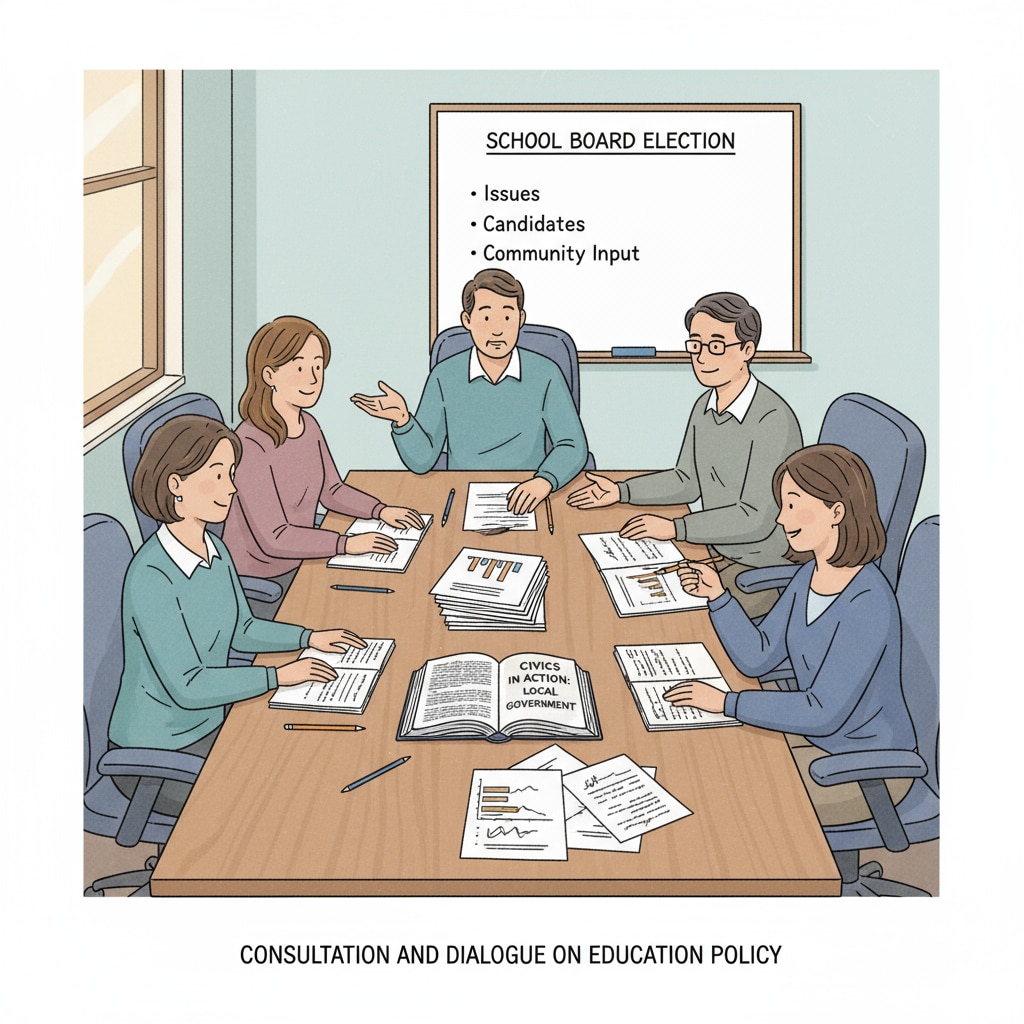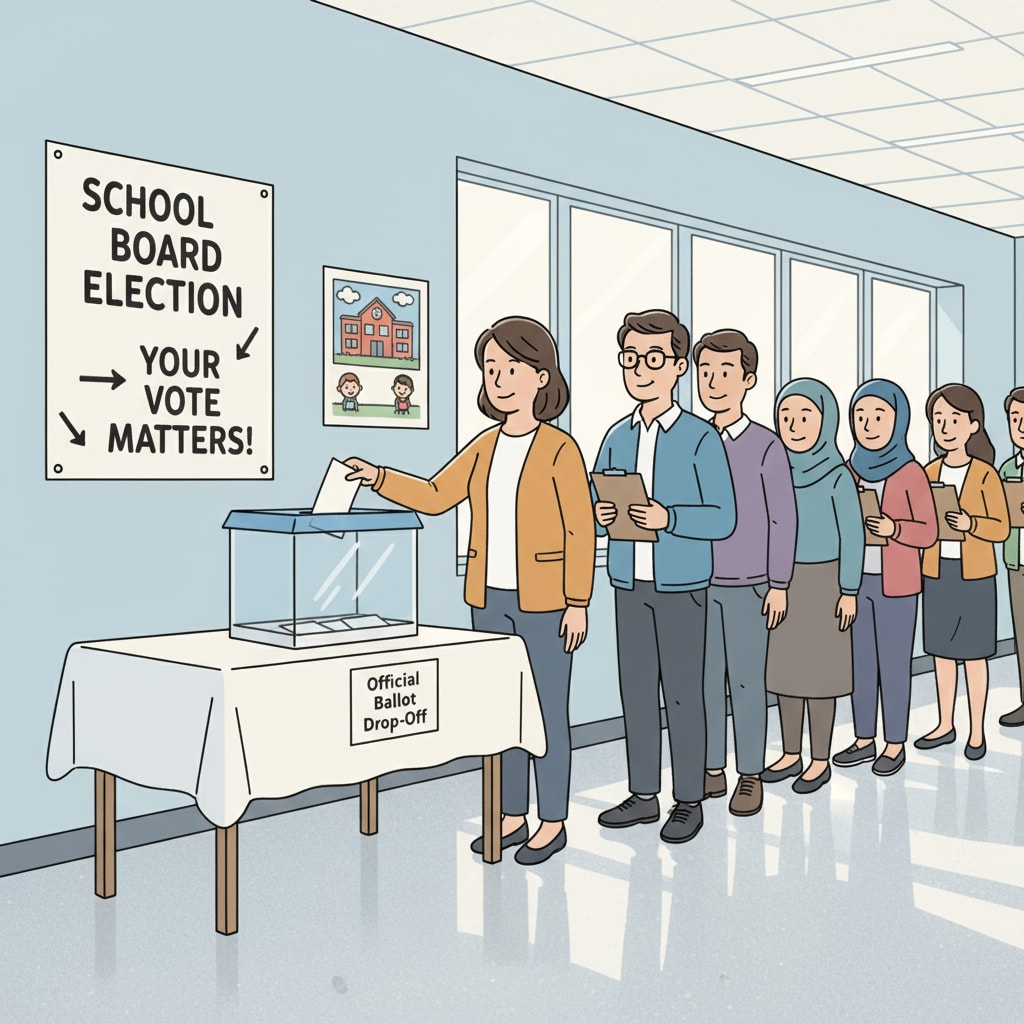The issues of school boards, election violence, and political civility have come to the forefront in recent times, especially with the disturbing events in New Jersey’s school board elections. These elections, which are meant to be a cornerstone of local education governance, have unfortunately become arenas of intense political conflict.

As education is a fundamental aspect of society, the way we handle its governance, especially through school board elections, has far-reaching implications.
The Infiltration of Politics in School Board Elections
School board elections have gradually become intertwined with broader political agendas. Political parties and interest groups are increasingly using these elections as platforms to further their own goals. For example, some groups may push for certain educational policies, such as curriculum changes or budget allocations, that align with their political ideologies. This infiltration of politics can lead to a divisive environment. According to Wikipedia’s entry on School Boards, school boards are supposed to focus on the educational needs of students, but the current political interference often muddies the waters.

The Problem of Election Violence
Election violence in the context of school board elections is a serious cause for concern. It not only disrupts the democratic process but also creates an atmosphere of fear and hostility. In the New Jersey elections, there were instances where tempers flared, and altercations occurred. This violence can discourage potential candidates from running and disenfranchise voters. As stated in Britannica’s article on Democracy, a key tenet of democracy is peaceful and fair elections, and the presence of violence in school board elections undermines this principle.
To address these issues, it is crucial to promote political civility. This involves respecting different viewpoints, engaging in constructive dialogue, and refraining from personal attacks. By creating a more civil environment, we can ensure that school board elections focus on educational priorities rather than becoming a battleground for political power struggles. In addition, educational institutions and community leaders should play a role in promoting this civility, perhaps through workshops and public awareness campaigns.
Readability guidance: The key points here are the infiltration of politics, the problem of election violence, and the need for political civility. These issues are interrelated and require a comprehensive approach to safeguard the integrity of school board elections and the quality of education.


